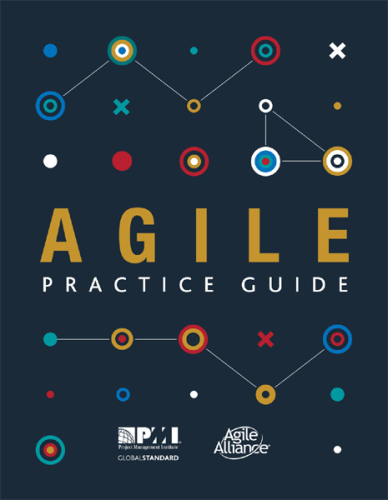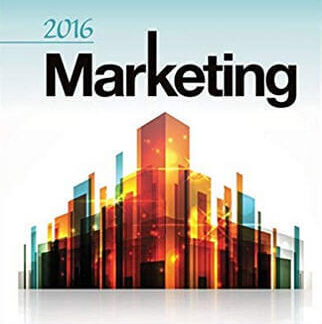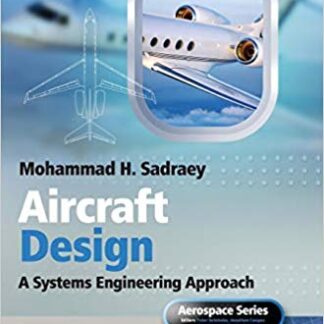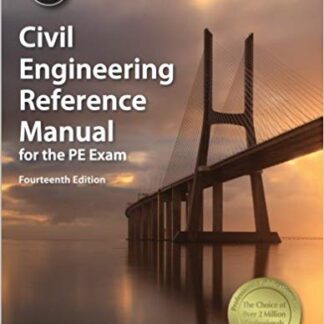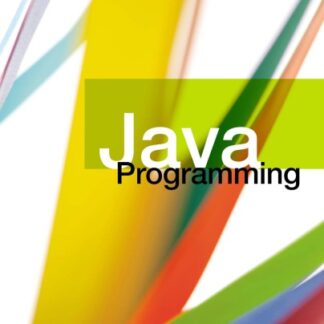Description
Agile Practice Guide 1st Edition by Project Management Institute, ISBN-13: 978-1628251999
[PDF eBook eTextbook] – Available Instantly
- Publisher: Project Management Institute (October 1, 2017)
- Language: English
- 210 pages
- ISBN-10: 1628251999
- ISBN-13: 978-1628251999
Agile Practice Guide – First Edition has been developed as a resource to understand, evaluate, and use agile and hybrid agile approaches. This practice guide provides guidance on when, where, and how to apply agile approaches and provides practical tools for practitioners and organizations wanting to increase agility. This practice guide is aligned with other PMI standards, including A Guide to the Project Management Body of Knowledge (PMBOK® Guide) – Sixth Edition, and was developed as the result of collaboration between the Project Management Institute and the Agile Alliance.
Table of Contents:
Cover Page
Title Page
Copyright Page
Notice
Preface
Table of Contents
List of Tables and Figures
1. Introduction
2. An Introduction to Agile
2.1. Definable Work vs. High-Uncertainty Work
2.2. The Agile Manifesto and Mindset
2.3. Lean and the Kanban Method
2.4. Uncertainty, Risk, and Life Cycle Selection
3. Life Cycle Selection
3.1. Characteristics of Project Life Cycles
3.1.1. Characteristics of Predictive Life Cycles
3.1.2. Characteristics of Iterative Life Cycles
3.1.3. Characteristics of Incremental Life Cycles
3.1.4. Characteristics of Agile Life Cycles
3.1.5. Agile Suitability Filters
3.1.6. Characteristics of Hybrid Life Cycles
3.1.7. Combined Agile and Predictive Approaches
3.1.8. Predominantly Predictive Approach with Some Agile Components
3.1.9. A Largely Agile Approach with a Predictive Component
3.1.10. Hybrid Life Cycles as Fit-For-Purpose
3.1.11. Hybrid Life Cycles as Transition Strategy
3.2. Mixing Agile Approaches
3.3. Project Factors that Influence Tailoring
4. Implementing Agile: Creating an Agile Environment
4.1. Start with an Agile Mindset
4.2. Servant Leadership Empowers the Team
4.2.1. Servant Leader Responsibilities
4.2.2. Role of the Project Manager in an Agile Environment
4.2.3. Project Managers use Servant Leadership
4.3. Team Composition
4.3.1. Agile Teams
4.3.2. Agile Roles
4.3.3. Generalizing Specialists
4.3.4. Team Structures
4.3.5. Dedicated Team Members
4.3.6. Team Workspaces
4.3.7. Overcoming Organizational Silos
5. Implementing Agile: Delivering in an Agile Environment
5.1. Charter the Project and the Team
5.2. Common Agile Practices
5.2.1. Retrospectives
5.2.2. Backlog Preparation
5.2.3. Backlog Refinement
5.2.4. Daily Standups
5.2.5. Demonstrations/Reviews
5.2.6. Planning for Iteration-Based Agile
5.2.7. Execution Practices that Help Teams Deliver Value
5.2.8. How Iterations and Increments Help Deliver Working Product
5.3. Troubleshooting Agile Project Challenges
5.4. Measurements in Agile Projects
5.4.1. Agile Teams Measure Results
6. Organizational Considerations for Project Agility
6.1. Organizational Change Management
6.1.1. Drivers for Change Management
6.1.2. Readiness for Change
6.2. Organizational Culture
6.2.1. Creating an Environment of Safety
6.2.2. Assessing Culture
6.3. Procurement and Contracts
6.4. Business Practices
6.5. Multiteam Coordination and Dependencies (Scaling)
6.5.1. Frameworks
6.5.2. Considerations
6.6. Agile and the Project Management Office (PMO)
6.6.1. An Agile PMO is Value-Driven
6.6.2. An Agile PMO is Invitation-Oriented
6.6.3. An Agile PMO is Multidisciplinary
6.7. Organizational Structure
6.8. Evolving the Organization
7. A Call to Action
Annex A1. Pmbok® Guide Mapping
Annex A2. Agile Manifesto Mapping
Annex A3. Overview of Agile and Lean Frameworks
Appendix X1. Contributors and Reviewers
Appendix X2. Attributes that Influence Tailoring
Appendix X3. Agile Suitability Filter Tools
References
Bibliography
Glossary
The Project Management Institute (PMI) is a US nonprofit professional organization for project management. The PMI provides services including the development of standards, research, education, publication, networking-opportunities in local chapters, hosting conferences and training seminars, and providing accreditation in project management.
PMI has recruited volunteers to create industry standards, such as “A Guide to the Project Management Body of Knowledge”, which has been recognized by the American National Standards Institute (ANSI). In 2012 ISO adapted the project management processes from the PMBOK Guide 4th edition.
What makes us different?
• Instant Download
• Always Competitive Pricing
• 100% Privacy
• FREE Sample Available
• 24-7 LIVE Customer Support

